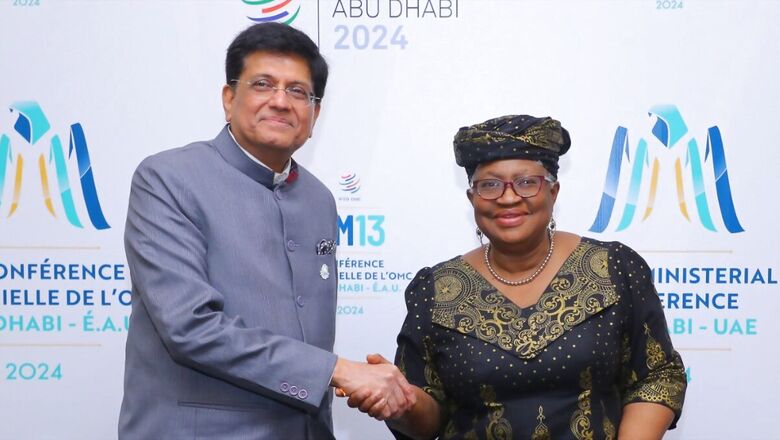
views
Underlining that India is a consensus builder in the World Trade Organisation (WTO), Commerce and Industry Minister Piyush Goyal said on Wednesday some countries are breaking that at the 13th ministerial conference (MC13). His remarks came amid allegations by certain developed nations that India is blocking deals at the WTO.
The conference began on February 26 to discuss issues such as agriculture and fisheries subsidies, dispute settlement, and moratorium on customs duty levy on e-commerce trade. “Our stand is consistent. We have to see who are blocking the issues and who is responsible for not letting things of the WTO smoothly… It is proved that India in fact is a consensus builder and we are playing a key role in making consensus …and certain countries are breaking that consensus on certain issues,” Goyal was quoted as saying by agencies.
#WATCH | Abu Dhabi, UAE: Union Minister Piyush Goyal says, “India’s stand is consistent, the world needs to see who is blocking the issues and why WTO work is not going on smoothly. It shows India is a consensus builder and we are playing an important role in this regard but many… pic.twitter.com/5dEhgfluMx— ANI (@ANI) February 28, 2024
He also said that India stands on strong principles of fair play, and justice at the WTO and wants to ensure that all decisions taken at the multi-lateral body are in the best interests of India’s farmers and fisherfolk. He added that the “first and foremost” issue that the WTO MC13 should address is generating trust that the WTO can deliver, and whatever decisions are taken at the WTO will be adhered to in letter and spirit. “And if somebody breaks the rules of the WTO, they can be taken to task through the dispute resolution mechanism,” he said.
Dispute settlement
India has strongly demanded restoration of the appellate body (AB) so that any complaint any nation has of unfair trade practices, or rules of the WTO not being met, can be taken up at the dispute resolution process. There are two main ways to settle a dispute once a complaint has been filed in the WTO. The countries find a mutually agreed solution, particularly during the phase of bilateral consultations; and through adjudication, which includes ruling by a panel and if not satisfied, by challenging that ruling at the appellate body.
The appellate body is the apex institution for adjudicating disputes. The smooth functioning of the WTO’s dispute settlement mechanism hit a roadblock when the US blocked appointments of members in the appellate body (AB). Though the AB stopped functioning on December 10, 2019, the panels are still working. Since December 2019, over 20 appeals have been filed in the AB. “We strongly demand that those who are blocking various decisions at the WTO should start addressing the concerns of the developing countries like India,” the minister said.
Yesterday, #WTOMC13AbuDhabi officially kicked off! From the accession ceremony of Comoros and Timor-Leste to a wave of acceptances of the #FisheriesSubsidies Agreement, day 1 was filled with eventful moments. Check out the highlights! pic.twitter.com/SnbEYAKGVW— WTO (@wto) February 27, 2024
US-led push
Some agency reports said that a US-led push to change the dispute settlement system sparked divisions at a WTO meeting on Wednesday. A working session on dispute settlement reform was held on the third day of the MC13 in Abu Dhabi, where little progress is expected on the issue amid major disagreements. Washington, under former President Donald Trump, brought the system to a grinding halt in 2019 by blocking the appointment of new judges to the WTO’s appeals court, the organisation’s highest dispute settlement authority. Dispute settlement reform is a “hard issue” but the dynamic in the negotiating room at MC13 is “constructive, it’s positive, it’s sober,” US Trade Representative Katherine Tai told reporters on Wednesday.
On other issues, Goyal said that concerns and interests like finding permanent solutions to the public stock holding of food amongst others are also given due importance and addressed speedily. He added that the issues which are outside the perspective or mandate of the WTO should not be brought into the WTO and their respective bodies should look after it. This comes as developed nations are pushing issues such as environment, labour and gender equality. On fisheries subsidies agreement, he said that the actions of the past should be addressed by their subsequent actions before any multilateral decisions are taken.
“Therefore, those nations who do deep sea fishing and are responsible for overfishing or depletion of fish stocks should be held responsible for their actions,” Goyal said. When asked about possible outcomes tomorrow, he said, “I am sure there will be outcomes.” There will be fair, balanced and equity in the outcomes, he said, adding that India will fully protect the interests of farmers, poor people and fishermen.
(With agency inputs)










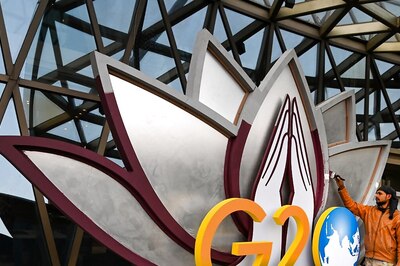

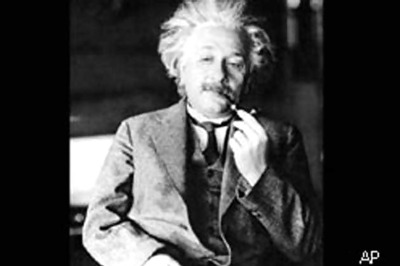
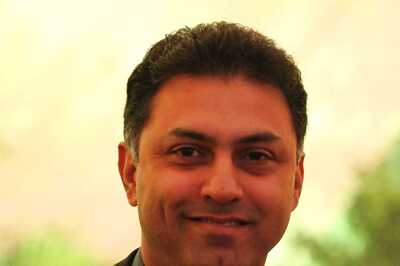



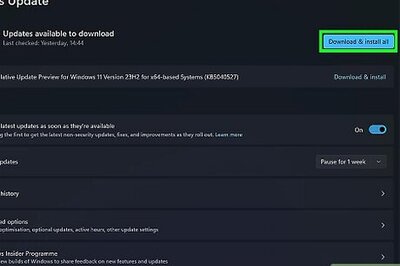
Comments
0 comment